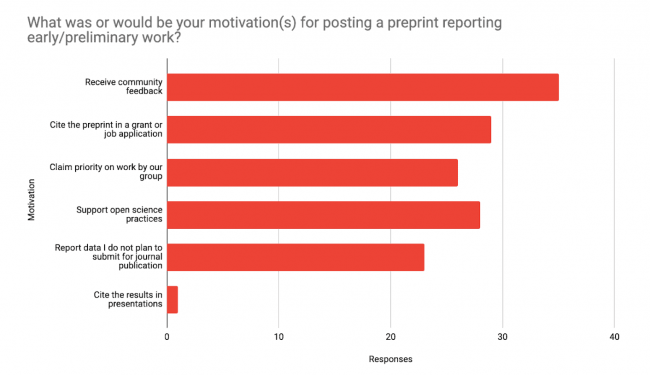‘Open science and preprints’ lecture at the University of Belgrade – Raising awareness about preprints in the Serbian community
Post by ASAPbio Fellow Ana Đorđević On 2 December 2022, the Faculty of Chemistry of the University of Belgrade (Serbia), hosted a lecture concerning open science and preprints. The event was supported by ASAPbio and aimed to raise awareness around preprints and their place within open science among the local Serbian researchers, and to encourage this…



















